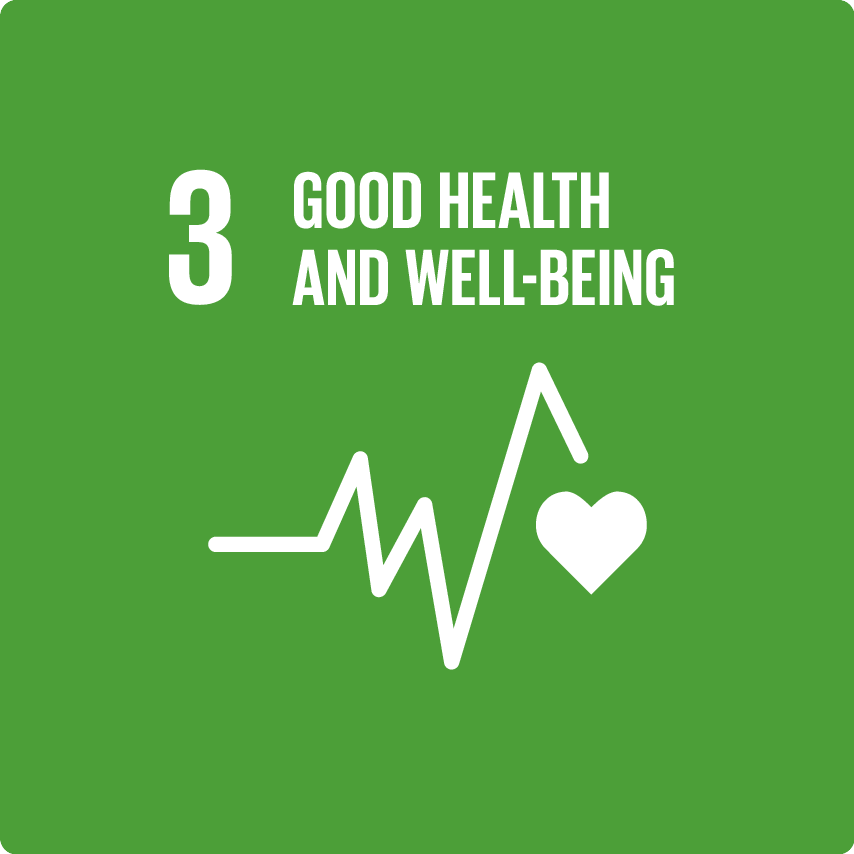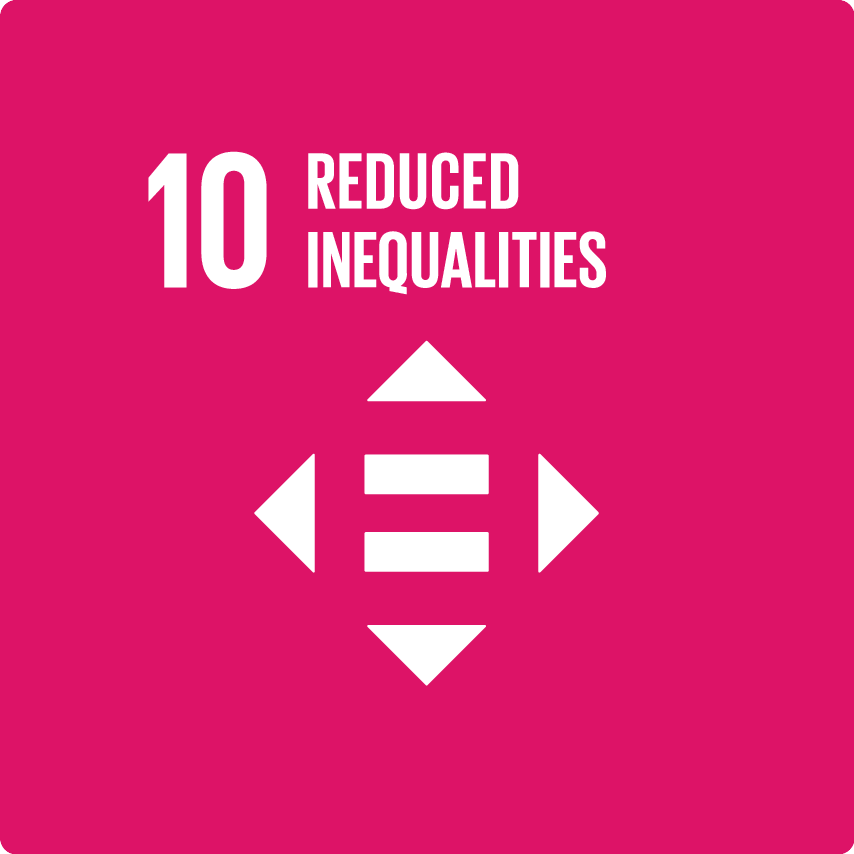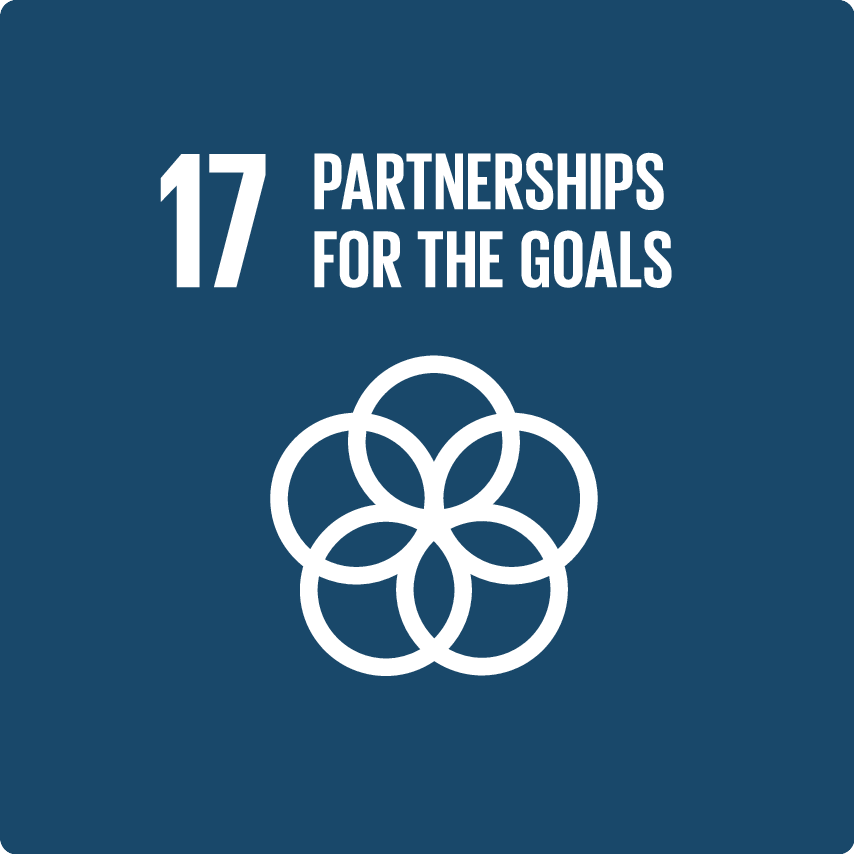Building Healthcare Capacity Worldwide
Engaging in healthcare-supporting activities, such as human resources development and capacity building through training and education in several projects around the world.
SEE ALL PARTNER ORGANIZATIONS
Objectives
- Improve the availability and quality of technical training as well as technology transfer for medical and paramedical staff according to the demand of the health care sector in low and middle income countries.
- Securing high quality medical care through improved training of medical and paramedical staff.
- Evaluation of feasibility for local production of medications in a pilot country.
What are the health needs and challenges?
Preventing communicable diseases as well as non-communicable diseases requires public awareness and understanding of the disease, risk factors and symptoms. Awareness raising is key, particularly in low and middle income countries, and advice and information must be clear and easily accessible.
Partnership activities and how they address needs and challenges
Boehringer Ingelheim (BI) engages in healthcare-supporting activities, such as human resources development and capacity building through training and education in several projects around the world.
In South Africa, BI is committed to addressing the medical skills shortage by providing full financial aid for the medical studies of talented young people from disadvantaged backgrounds. Through its ‘Student Education Program’, run in collaboration with the University of Cape Town, South Africa, Boehringer Ingelheim provides full financial support for medical students from disadvantaged backgrounds. Sponsorship includes all academic fees, subsistence allowances, books, equipment and residence fees (where applicable) for the duration of their seven-year studies with no obligation to the company after graduation. Each year, two additional students join the program.
In Brazil, BI has set up a continued education program for pharmacists and pharmacy clerks to address shortcomings in staffing or preparation. Half of the 97 thousand Brazilian pharmacies and drugstores operate irregularly, without a technician in charge full time. In most cases, the pharmacist is not available during certain hours of the day, but 10% do not even have on the payroll a pharmacist working daily.
The program set up is a free on-line course composed of 12 study models, geared to pharmacy clerks, pharmacists and Pharmacy college students in all the Brazilian territory. The purpose of the project is to qualify professionals for a better servicing to patients in pharmacies and drugstores. At the end of the program, those participants who access the content monthly and who answer correctly the questions asked, receive a certificate of “Pharmaceutical Services Technician”, with the seal of the Federal Pharmacy Council (CFF). The pharmacies that had at least 80% of their professionals certified in the program, received acknowledgement by the CFF for good pharmaceutical servicing practices, through the Green Cross seal, which is an internationally acknowledged entity.
Geographic Reach
- Africa
- Americas
- South-East Asia
- Western Pacific
Disease Area
- Infectious and Parasitic Disease
- Other
- Non-communicable diseases
Target Population
- Marginalized/indigenous people
- People with low incomes
Partner organizations
University of Cape Town
University of Stellenbosch
Ministry of Health Venezuela
Community Health and Information Network (CHAIN)
Geographic Reach
Africa
- South Africa
Americas
- Brazil
- Venezuela (Bolivarian Republic of)
South-East Asia
- Indonesia
Western Pacific
- Viet Nam
Disease Area
Infectious and Parasitic Disease
- HIV/AIDS
Other
- General Health
Non-communicable diseases
- Respiratory Diseases


